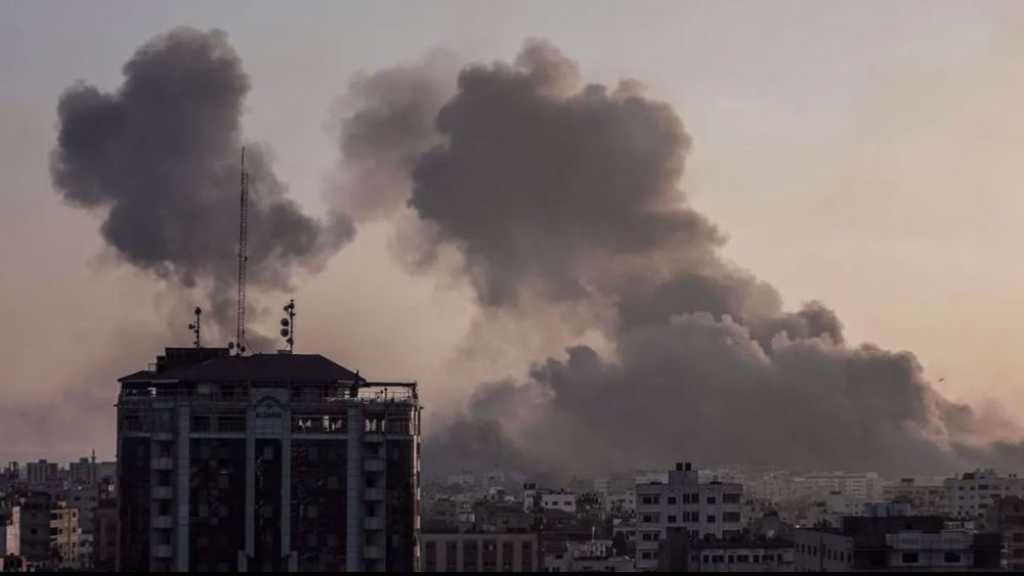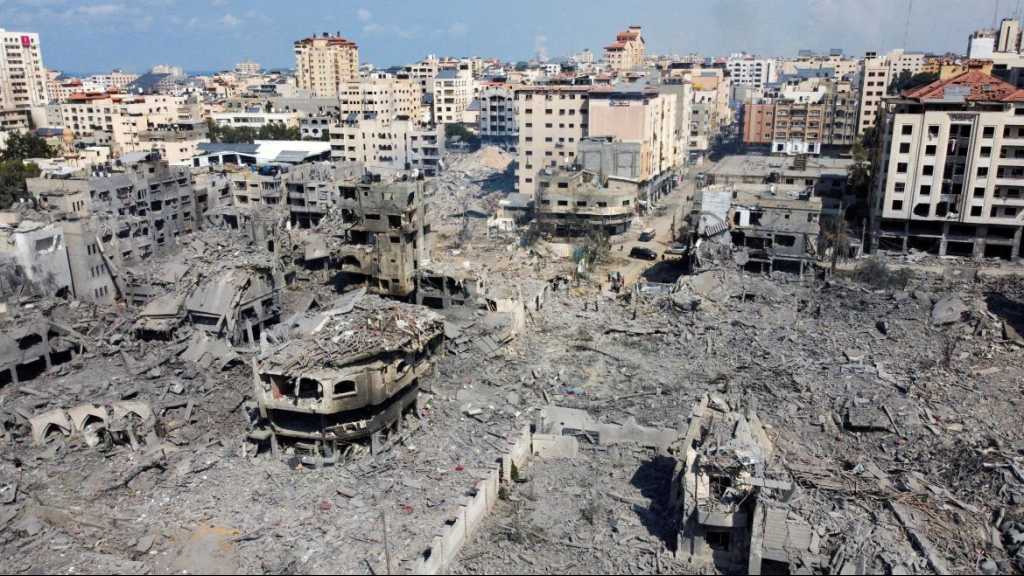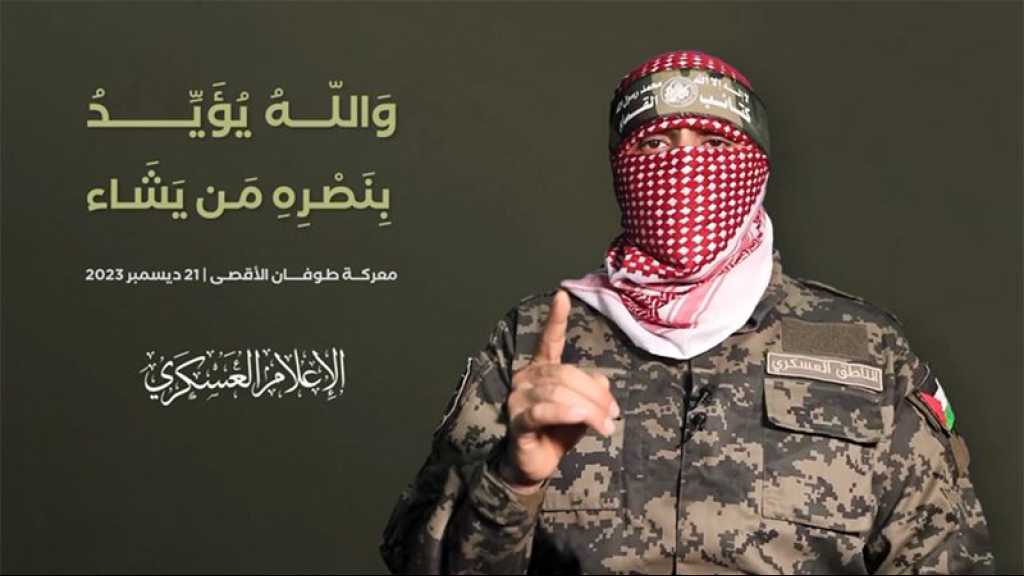
Think That 2016 Was A Tough Year For Saudi Arabia? Wait Until You See 2017

Local Editor
In an analysis piece published by the Daily News Egypt, James Dorsey penned on what Saudi Arabia has faced in 2016, describing it as a tough yet better year than 2017:

2016 was not a good year for Saudi Arabia. Sharply lowered oil prices sparked a domestic financial crisis that is forcing the country to restructure its economy. Saudi Arabia's bitter struggle with Iran has embroiled it in wars and political conflicts which it has been unable to win, leaving Saudi Arabia no alternative but to admit failure or compromise. If 2016 was bad, 2017 threatens to be worse.
Saudi Arabia closed out 2016 with a ceasefire in Syria and prospects for peace talks orchestrated by Russia and Turkey that significantly weakened Saudi-backed militant groups and strengthened Iran's key Middle East ally, Syrian president Bashar Al-Assad.
Saudi Arabia's only hope of influencing events in Syria is if either the militants, terrorists who are not part of the ceasefire, or Al-Assad sabotage it for their own reasons. But even then, the fall of Aleppo, the militants' last major urban holdout, threatens to reduce the anti-Assad resistance to a largely rural insurgency.
Adding insult to injury Saudi Arabia was unable to block a candidate from becoming president of Lebanon who was supported by Hizbullah. This forced Saudi Arabia to strike a deal. It tacitly agreed to the appointment of Michel Aoun, a close Hizbullah ally, and quickly invited him to visit the kingdom early in the New Year.
Aoun, as part of the deal, appointed Saad Hariri as head of his government. Hariri is the son of Rafik Hariri, a Lebanese-Saudi businessperson and former prime minister who was murdered in 2005. Saad Hariri, whose family conglomerate in the kingdom was hit badly by the financial crisis and needed to be bailed out, is beholden to the Saudi government.
Sensitive to any challenge to its custodianship of Islam's two holiest cities, Mecca and Medina, Saudi Arabia's role is in the spotlight as it negotiates modalities with some 80 countries for the 2017 Hajj. Saudi Arabia failed to reach an agreement with Iran for the 2016 pilgrimage, leaving the kingdom's management of the Hajj challenged.
An almost two-year long military campaign in Yemen that was supposed to be cakewalk has turned into a quagmire for the kingdom. Saudi Arabia is looking for a face-saving exit strategy from a neighbor that its military has devastated without removing its enemies, the Ansarullah revolutionaries and former president Ali Abdullah Saleh, from power in much of the country, including the capital Sana'a.
The campaign has moreover cast a shadow over the capabilities of a country that ranks as the world's second largest importer of military equipment. The United States late last year halted the sale of air-dropped and precision-guided munitions until it has better trained Saudi forces in their targeting and use of weapons. The Saudi air force's repeated targeting by design or default of civilian targets in Yemen in which large numbers of innocent people were killed has opened the kingdom to assertions of war crimes.
Saudi Arabia's inability to claim either political or military benefit from the war in Yemen threatens to put on the line the credibility of the deputy crown prince Mohammed bin Sultan, the son of King Salman bin Abdulaziz Al-Saud, who is also in charge of turning the kingdom's economy around. Many believe that the king is grooming the prince as his successor despite objections from factions within the Al-Saud family.
Similarly, Saudi Arabia's use of its political and financial muscle to bring Egyptian-general-turned president Abdel Fattah Al-Sisi to power in an uprising in 2013 and stabilize Egypt's deteriorating economy failed to achieve a return. Instead, Saudi Arabia and the Arab world's most populous nation are at loggerheads over Iran, Syria, and various other issues.
Saudi Arabia suspended in October a $23bn agreement to supply Egypt with 700,000 tons of petroleum products every month after Egypt supported a Russian resolution on Syria in the United Nations Security Council. The sanctions and cooling of relations have done little to make Al-Sisi more empathetic to Saudi concerns.
Finally, on the foreign policy and ‘defense' front, this month's inauguration of US president-elect Donald Trump could prove to be a mixed bag that may aggravate Saudi Arabia's problems. Trump has suggested that he may back away from US support for anti-Assad militants in Syria and focus on cooperation with Moscow to defeat Daesh [the Arabic acronym for the terrorist "ISIS/ISIL" group].
Uncertainty in its relationship with the US could not come at a worse moment for the kingdom. The Saudi government, beyond its foreign policy and military setbacks, has begun to unilaterally rewrite the social contract that underwrites it. The rewriting constitutes the end of a bargain involving a cradle-to-the-grave welfare system in exchange for the surrender of political rights and adherence to Wahhabi social mores.
Cutbacks on subsidies, increased utility prices, reduced spending on education and social services, and the streamlining of bureaucracy in a country in which the state employs two thirds of the citizenry is a tricky business. It's even trickier in an environment in which the country's basic power structure, a power sharing agreement between the ruling Al-Saud family and the country's religious establishment, is being challenged by the demands of economic and social change and increasing international association of Wahhabism with militancy.
King Salman and Prince Mohammed have a full plate for 2017. For them and the Al-Sauds, the core issue is survival. With no credible alternative to the Al-Sauds and the Middle East and North Africa's recent experience of popular protest producing wars and increased repression, Saudis are unlikely to revolt. They will, however, demand a greater say and greater accountability-concepts the government has so far countered with increased suppression and authoritarianism.
Source: Daily News Egypt, Edited by website team



